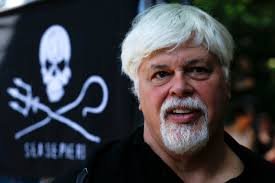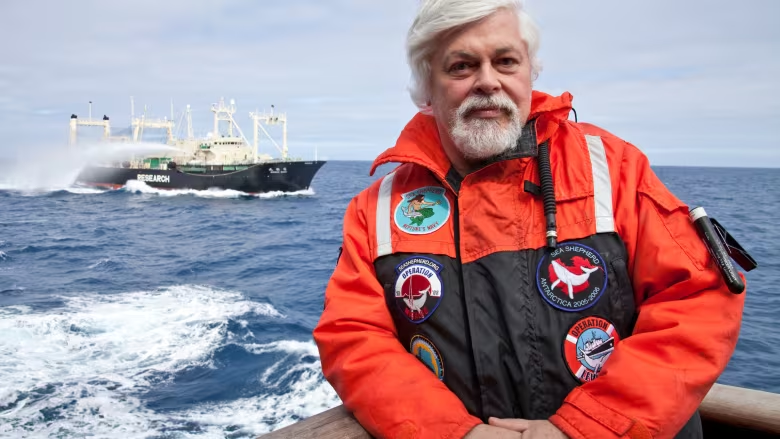In a dramatic turn of events, Paul Watson, a prominent anti-whaling activist and former leader of the Sea Shepherd Conservation Society, finds himself at the center of a controversial legal struggle. Watson, currently detained in Greenland, faces the possibility of being extradited to Japan, where he is wanted on charges relating to a collision with a Japanese whaling vessel in 2010. The case has sparked a global debate on environmental activism, international law, and cultural preservation.
Arrest and Detention
On July 21, 2024, Paul Watson’s vessel, the M/Y John Paul DeJoria, docked in Nuuk, Greenland, to refuel. Watson and his crew of 26 volunteers were on a mission to intercept a new Japanese whaling ship in the North Pacific. However, their plans came to an abrupt halt after local authorities took Watson into custody. The arrest was made based on a 2012 Japanese warrant accusing Watson of damaging a Japanese whaling vessel, obstructing its operations, and injuring a crew member during a dispute in Antarctic waters in February 2010.

Watson’s arrest was not a simple procedural matter, but the result of years of international tensions and legal maneuverings. The case has attracted global attention, highlighting the conflict between conservation efforts and cultural practices, as well as the complexities of international extradition.
Watson’s background and activism
Paul Watson is a well-known figure in the field of environmental activism. His notoriety stems from his role as the founder of the Sea Shepherd Conservation Society, an organization renowned for its aggressive tactics against illegal whaling operations. Watson’s methods have involved high-profile maritime confrontations, such as those documented in the reality television series Whale Wars. His activism has earned him both ardent supporters and vocal critics.
In 2022, Watson left Sea Shepherd to establish the Captain Paul Watson Foundation, continuing his fight against environmental destruction. Prior to his tenure with Sea Shepherd, Watson was a founding member of Greenpeace, but split from the organization in 1977 over disagreements over its more liberal approach. His career is marked by his relentless pursuit of environmental goals, often involving direct and confrontational methods.

Charges and legal proceedings
The Japanese government has accused Watson of damaging one of its whaling ships, disrupting its commercial operations, and injuring a crew member during the collision in the Southern Ocean. Japan maintains that whaling is a cultural practice and part of its heritage despite significant international criticism and protests from conservation groups.
In Greenland, Watson appeared in court with his defense team, wearing jeans and a white shirt. He argued that the charges against him were politically motivated, stemming from embarrassment to Japan over a televised anti-whaling campaign. During the court proceedings, Watson said, “This is about taking revenge for the television show that has brought extreme shame to Japan in the eyes of the world.” He stressed that the incident was well documented by video evidence and that a thorough review would exonerate him of the charges against him.
However, the prosecution argues that Watson is a flight risk and argued for his detention. The court agreed, ruling that Watson should be detained pending further proceedings. The next hearing is scheduled for October 2, 2024, during which the court will further deliberate on the extradition request.
International implications and reactions
Watson’s detention and possible extradition to Japan have generated widespread reactions from various stakeholders. The case has become a focal point for discussions about environmental activism and cultural preservation. While Japan views the extradition request as a matter of national interest and legal justice, many international observers see it as an attempt to suppress outspoken critics of its whaling practices.

The office of French President Emmanuel Macron has intervened, asking Denmark—the sovereign state of Greenland—not to extradite Watson. Additionally, famous actress and animal rights activist Brigitte Bardot has publicly supported Watson, advocating for his release. A petition calling for Watson’s freedom has garnered over 120,000 signatures, reflecting widespread support from the global conservation community.
In contrast, Japan continues to press for Watson’s extradition, citing the seriousness of the allegations and the need for accountability. Masashi Mizobuchi, assistant press secretary for the Japanese Foreign Ministry, said, “We will continue to take appropriate measures, including necessary outreach to relevant countries and organizations.” The Japanese government is committed to taking legal action against Watson despite the lack of an extradition treaty between Japan and Denmark.
